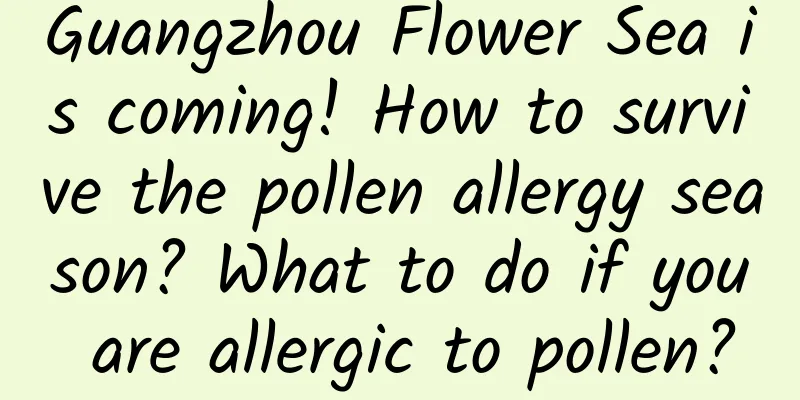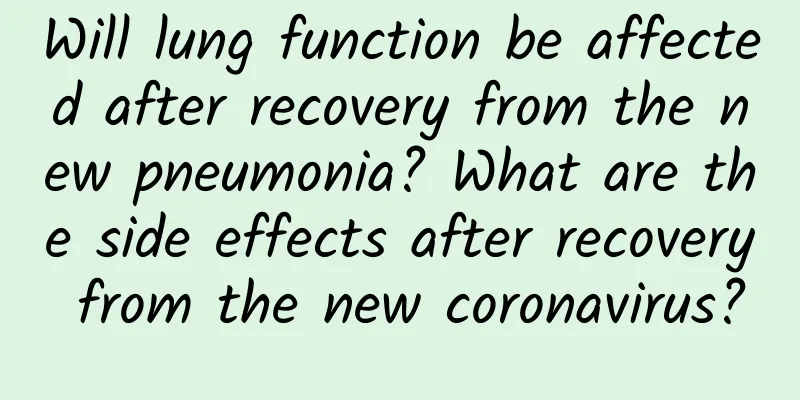Kiss your baby? Beware of kissing sickness!

|
This is the 4227th article of Da Yi Xiao Hu Are you still unable to resist kissing the cute baby? Are you still feeding your children with your own chopsticks, or even feeding them food you have chewed yourself? Please stop now! Beware of kissing disease in children! 1. What is kissing disease? EB virus infection is commonly known as the "kissing disease". Its typical clinical manifestation is infectious mononucleosis (IM). Epstein-Barr virus (EBV) is a herpes virus that is tropic to human lymphocytes. Infection is very common in the normal population, and more than 90% of adults carry the EB virus. Epstein-Barr virus infection is a common infectious disease in children. It is mainly transmitted through saliva and can also be transmitted through blood. 2. Common manifestations With the changes in living habits and the improvement of sanitary conditions, the age of primary EBV infection in children in my country has gradually increased, but nearly 90% of children still have positive serum EBV antibodies at the age of 10. Studies have shown that the peak age of incidence of infectious mononucleosis (IM) in my country is 4 to 6 years old. EBV infection is a self-limiting disease with the following main symptoms: fever 90%-100% of children have fever, with body temperature reaching 39°C, which lasts for about 1-2 weeks and is not obvious in young children. Pharyngitis Sore throat, swollen tonsils. About 50% of children have grayish white exudate on their tonsils, and 25% have petechiae on the palate. Superficial lymphadenopathy Cervical lymphadenopathy is most common, but any lymph node may be affected. IM symptoms are similar to those of influenza, and may be accompanied by hepatosplenomegaly, eyelid edema, and rash (erythema, urticaria, maculopapular rash, etc.). Typical peripheral blood characteristics are: increased lymphocytes and atypical lymphocytes. 3. After treatment This disease is a self-limiting disease. Except for immunocompromised patients who may suffer serious complications, most people have a good prognosis. The mortality rate is 1%-2%, and death is often due to complications of central or peripheral nerve paralysis leading to respiratory failure. A few die from splenic rupture, myocarditis, and diffuse lymphoproliferative disease. Treatment is mainly symptomatic supportive care 1. During the acute phase, patients should take rest. If liver function is obviously damaged, patients should rest in bed and receive liver protection and enzyme-lowering treatment according to viral hepatitis. Conventional antiviral treatment is not recommended. Patients with severe disease, rapid progression or complications can receive antiviral treatment, such as acyclovir and ganciclovir. The treatment can be discontinued after the fever subsides, and can be appropriately extended for patients with encephalitis. If there is a concurrent bacterial infection, sensitive antibacterial drugs can be used. Glucocorticoids can significantly alleviate symptoms. 2. To prevent and treat spleen rupture, avoid any action that may squeeze or impact the spleen: children, especially adolescents, should not engage in strenuous exercise until their symptoms improve for 2 to 3 months; pay attention to treating constipation; use aspirin as little as possible to reduce fever (it may induce spleen rupture and thrombocytopenia). 4. How to prevent it? Avoid kissing your child's mouth and hands In daily life, be careful to avoid kissing children, pay attention to the baby's hand hygiene, and avoid any form of saliva sharing with the baby. Prepare special daily necessities for your child Avoid sharing tableware, toiletries, etc. with children, and pay attention to cleaning and disinfection of daily necessities. Politely reject kiss requests from friends and family "Please don't kiss my baby directly." A small kiss may take away a little life. Parents should pay attention to protect their babies. Author: Li Yingying, Shuguang Hospital Affiliated to Shanghai University of Traditional Chinese Medicine, Master's student. Research direction: spleen and stomach diseases and endocrine diseases. Editor-in-chief and tutor of the column: Shen Jian, Department of Pediatrics, Yueyang Hospital of Integrated Traditional Chinese and Western Medicine, Shanghai University of Traditional Chinese Medicine, chief physician, doctor of medicine, master's supervisor. National TCM inheritance and innovation talent of the Central Administration. Vice Chairman of the TCM Children's Health Care and Health Committee of the World Federation of Chinese Medicine Societies. Co-founder of the "Da Yi Xiao Hu" medical communication think tank, and editor-in-chief of "Cute Baby Development". |
>>: What to do if you have blood in your stool after Yang Kang?
Recommend
What to do if you have acne
We all know that acne, also known as pimples and ...
What is cervical warts?
Cervical warts are a sexually transmitted disease...
Can I walk around during confinement?
During the confinement period, there are many tab...
Causes and symptoms of acute lactation mastitis
Acute lactation mastitis is particularly worrying...
How to stop excessive menstrual bleeding?
Menstruation is a way of female metabolism, but t...
How do I know if I am pregnant? What should I do if I don’t know if I am pregnant?
In life, many women do not show any physical reac...
[Medical Q&A] Will benign breast nodules eventually develop into breast cancer?
Planner: Chinese Medical Association Reviewer: Ko...
What is the origin of borscht? How to make borscht
Borscht often appears in Western and Eastern Euro...
How to tell if you have sensitive skin
Every girl hopes to have fair and tender skin, bu...
How many months is it best for pregnant women to take calcium tablets
We know that it is very necessary for women to su...
Woman's face with garlic nose
For Chinese people, physiognomy is actually the f...
Should breastfeeding mothers take calcium tablets?
Calcium is an essential trace element for promoti...
How to make your breasts fuller
Perfect breast curves can add to women's beau...
Self-treatment for cervical hypertrophy
Cervical hypertrophy is a form of gynecological i...
Can I go back to work after cervical cryosurgery?
When women develop relevant cervical diseases, th...









